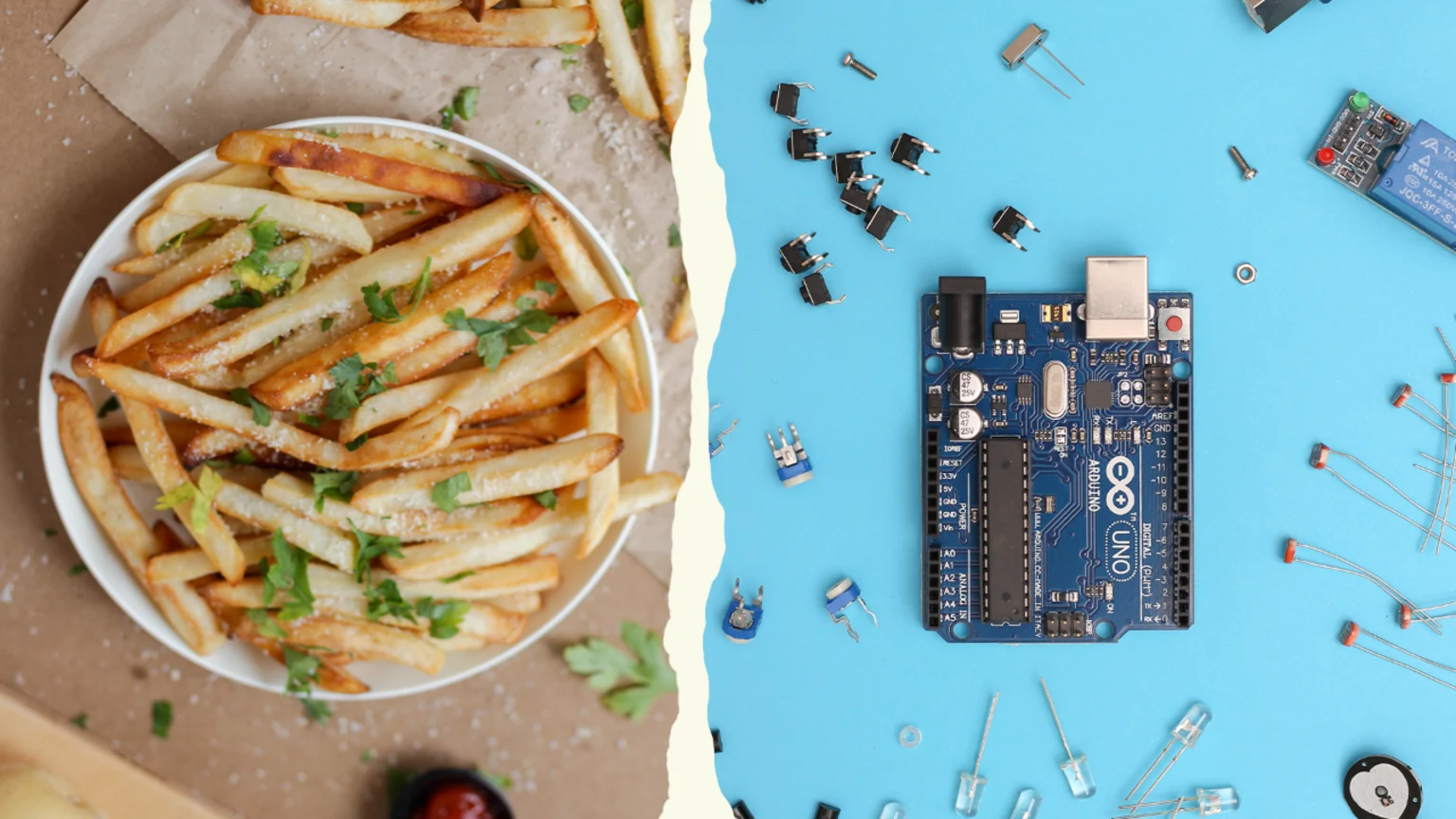Rural
Chips in Oregon: Potato or micro?

Published by Dominic George
07 Jun 2023
The loss of productive farmland in New Zealand continues to cause consternation for many in the sector.
Official government figures suggest New Zealand has lost around 2 million hectares of productive farmland over the last two decades or so. Urban sprawl is the chief culprit, although afforestation continues to pour salt into the wound.
The NZ government's National Policy Statement for Highly Productive Land, released last year, aims to enhance protections for the country's most productive land, in an effort to provide security for primary exports and the domestic food supply. It's not a panacea, but it's an important cog in the legislative wheel.
While housing and trees form the current tranche of concerns in a New Zealand context, it's interesting to note a similar scenario in the United States, albeit framed by a slightly different reference point. Farmers in Oregon have benefitted from a 50-year-old state law that restricts urban growth, but a national push to make semiconductors has seen some of those restrictions lifted.
Congress earmarked US$52 billion last year by way of the CHIPS and Science Act, encouraging chip manufacturers to set up factories to build the crucial little bits of tech that are essential for everything from microwaves and dishwashers to computers and smartphones, not to mention renewable energy technology, like electric vehicles and solar panels.
The problem is that Oregon lawmakers have decreed they can now extend the boundaries for urban development, bypassing otherwise lengthy appeals, in order to get a slice of the lucrative microchip pie. And that means paving over farmland.
Naturally, there's been pushback from farming groups, including the delightfully named Friends of French Prairie, who say they're not opposed to the chips bill, but don't buy the argument from proponents who claim the only viable option is to encroach on productive farmland, rendering it industrial.
The farmers in Oregon enjoy a diversity of climate and soils producing, among other things, hops, hazlenuts, blackberries, grapes and potatoes. They also raise beef cattle in all 36 counties and the state beverage is milk. Like New Zealand farmers, they're naturally protective of what they do well.
But whether it's pine plantations, lifestyle blocks or factories, the fact remains, once you've built on it, you can't get the soil back.
Published by Dominic George
07 Jun 2023